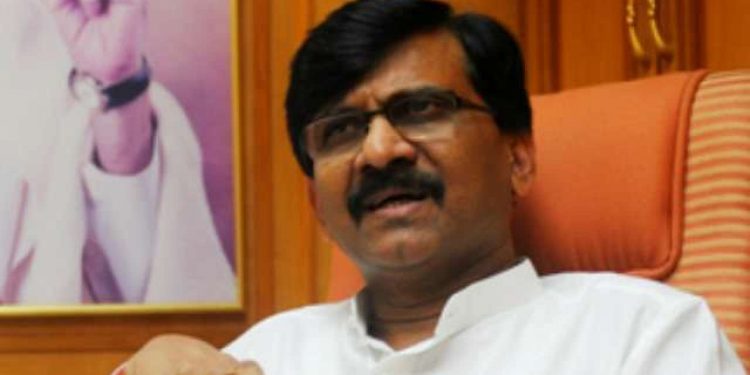Mumbai, June 7: Shiv Sena Thursday asserted that its decision to contest next Lok Sabha polls alone cannot be changed by the BJP president, indicating that Amit Shah’s meeting with Uddhav Thackeray Wednesday had failed to break the ice between the two warring allies.
“A decision taken by the chief of the party (Shiv Sena) cannot be changed by the president of another party. Only the Sena or Uddhav Thackeray will take a decision for itself,” Shiv Sena leader Sanjay Raut said.
He recalled that Thackeray, at the party’s national executive meet in January, had announced that the party will fight all upcoming polls without forging an alliance with the BJP. Raut stated this while trying to dismiss “speculation” that the talks between BJP and Sena would culminate in an alliance for the next Lok Sabha polls.
“The speculation going on outside is not true,” Raut said while blaming the BJP for it. Asked about details of the two-hour-long deliberations between Shah and Thackeray Wednesday night, the Sena leader said, “Two leaders have met in a closed room. Third person cannot know what discussions took place.”
BJP has said that Shah met Thackeray at his residence ‘Matoshree’ here in connection with the party’s ‘Sampark se Samarthan’ (contact for support) campaign in the run-up to next year’s Lok Sabha polls. Maharashtra Chief Minister Devendra Fadnavis and Uddhav Thackeray’s son Aaditya Thackeray were also present at the meeting which lasted about two hours.
While officially there was no word from either party about what transpired in the meeting, BJP sources claimed that the discussion was “positive” and would help reduce the tension between the two allies significantly. The two parties may have two or three more such meetings, the sources had added after the meeting.
Shah’s meet with Thackeray assumed significance as the BJP has been repeatedly accused by the Sena of “ignoring” NDA allies after coming to power in 2014. A sulking Sena has also been consistently targetting the BJP, especially Prime Minister Narendra Modi, over a host of issues, including high fuel prices, farmer suicides, demonetisation and the implementation of Goods and Services Tax (GST).






































